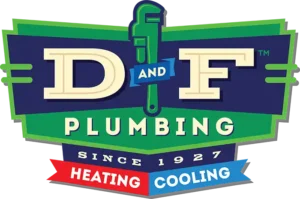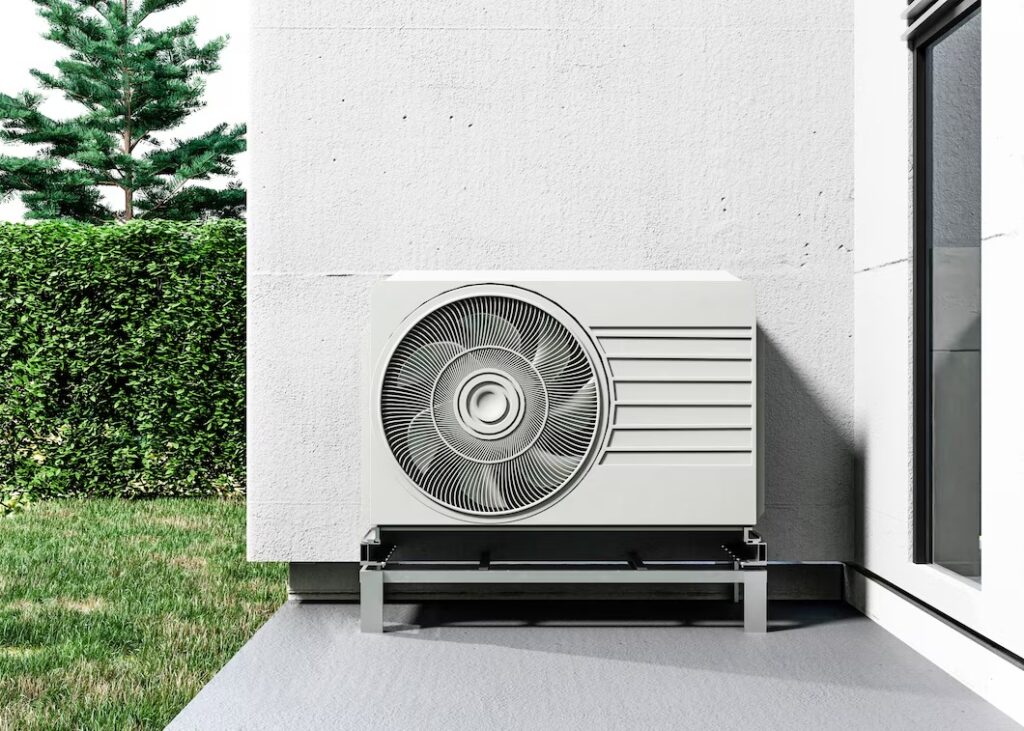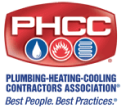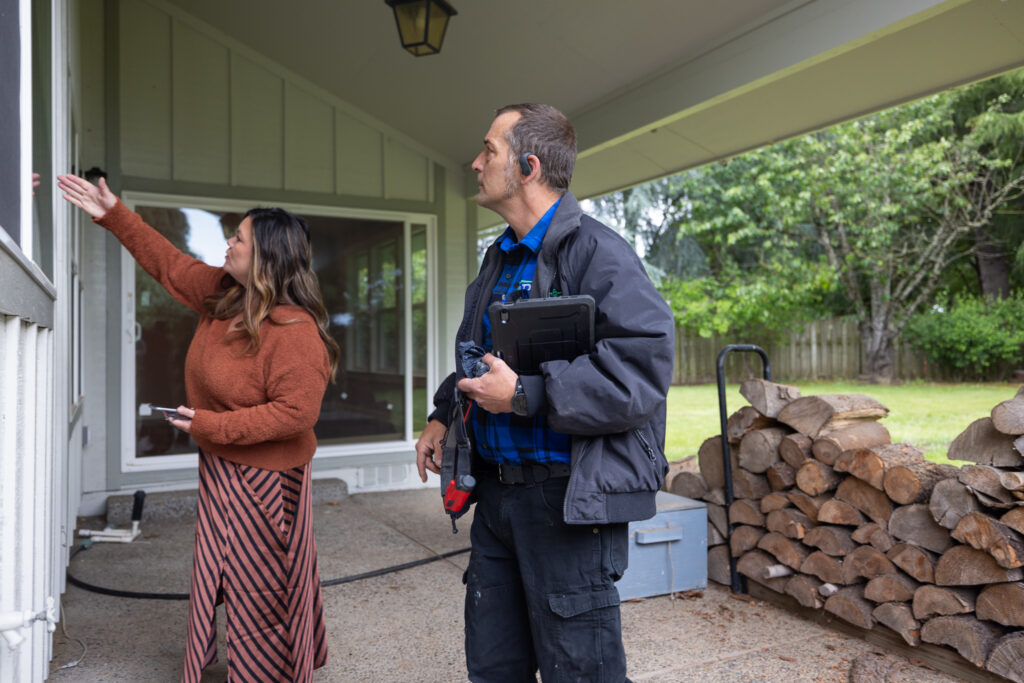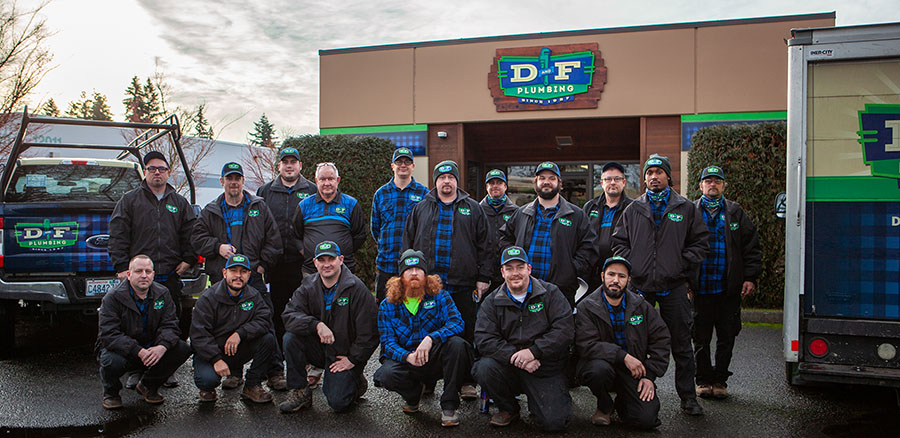A Heat Pump is a key component of your home’s heating and cooling system. It helps maintain a comfortable temperature throughout the year by transferring heat in and out of your home. However, like any mechanical system, heat pumps can develop problems over time. Recognizing the signs of heat pump failure early can save you from costly repairs and discomfort.
Unusual Noises Indicating Heat Pump Issues
One of the first signs of a failing heat pump is unusual noises. These noises can range from rattling and buzzing to squealing and grinding. Each type of noise can indicate a different issue that requires attention.
- Rattling: This may be caused by loose components or debris in the system. If left unaddressed, the loose parts can cause more significant damage.
- Buzzing: Electrical issues usually cause a buzzing sound. It may result from a failing capacitor or other electrical components within the heat pump.
- Squealing: A squealing noise often indicates problems with the motor or blower. It could be a sign of worn-out belts or bearings that need lubrication or replacement.
- Grinding: Grinding sounds are usually the most serious and often indicate a problem with the motor bearings. If you hear this noise, turn off the system immediately and contact our professionals.
Inconsistent Heating or Cooling Performance
Inconsistent heating or cooling is another common sign of heat pump failure. This issue can make it difficult to maintain a comfortable temperature in your home.
Several factors can cause inconsistent performance:
- Thermostat Problems: A malfunctioning thermostat can cause the heat pump to turn on and off frequently, resulting in uneven heating or cooling. Checking the thermostat settings and batteries can resolve this problem in some cases.
- Refrigerant Leaks: Low refrigerant levels can prevent the heat pump from effectively transferring heat. If you notice your system struggling to maintain the set temperature, a refrigerant leak might be the issue. Our professionals can identify and fix any leaks, restoring your system’s efficiency.
- Blocked Air Filters: Dirty or clogged air filters restrict airflow, making it harder for the heat pump to circulate air. Regularly replacing or cleaning air filters ensures optimal airflow and consistent performance.
Strange Odors from the Heat Pump System
Strange odors coming from your heat pump can be a sign of underlying issues that need immediate attention. Different smells can indicate various problems, each requiring a specific type of heat pump repair.
- Burning Smell: A burning odor typically points to electrical problems or overheating components. Wires, motors, or other parts may be the source of the smell. This is a serious issue that requires immediate attention to prevent potential fire hazards.
- Musty Smell: A musty or moldy odor suggests moisture buildup inside the unit. This could be due to blocked drainage or accumulated condensation. Mold and mildew not only create an unpleasant smell but also pose health risks.
- Chemical Smell: If you detect a chemical odor, it could mean a refrigerant leak. Refrigerant is crucial for the heat pump’s operation, and a leak can drastically reduce its efficiency. Our professionals can locate and fix refrigerant leaks to restore normal function.
Professional Assessment and Repair Options
When your heat pump displays signs of failure, a professional assessment is crucial. Our professionals perform detailed inspections to identify the problem accurately. They have the expertise and tools to diagnose issues that might be overlooked by the untrained eye.
The first step in a professional assessment is a visual and functional examination of the heat pump. Our technicians check components like the compressor, fan, and electrical wiring. They also test the system’s performance to pinpoint any irregularities. This thorough inspection ensures that all potential issues are identified.
Once the problem is diagnosed, our professionals will discuss repair options with you. Common heat pump repairs include fixing electrical faults, sealing refrigerant leaks, replacing worn-out parts, and cleaning or replacing air filters. Understanding these repair options helps you make informed decisions about your heat pump system.
Choosing professional repair services ensures that the job is done correctly and safely. Our technicians have the training and experience to address all types of heat pump issues. This professional approach minimizes downtime and extends the lifespan of your system. Timely and effective heat pump repair can maintain comfort in your home for years to come.
Conclusion
Recognizing the early signs of heat pump failure is vital for maintaining a comfortable and efficient home environment. Unusual noises, inconsistent heating or cooling, and strange odors are clear indicators that your heat pump might need attention. By addressing these problems promptly, you can prevent more severe issues and ensure your system operates effectively.
Don’t wait for minor issues to become major problems. Contact D&F Plumbing, Heating, and Cooling today for expert Heat Pump Repair in Portland OR, and keep your home comfortable all year round!
